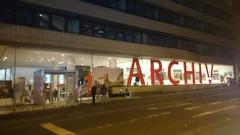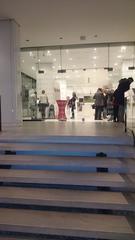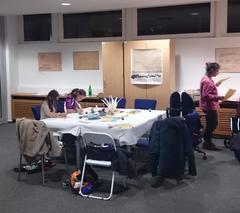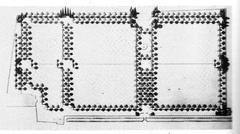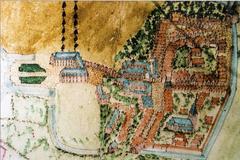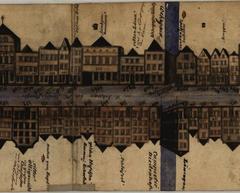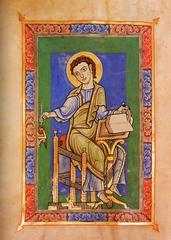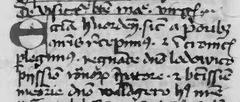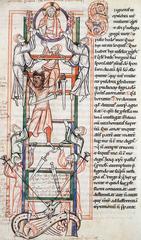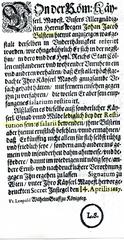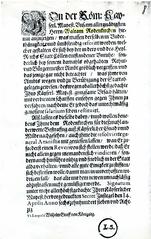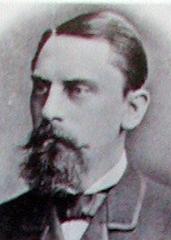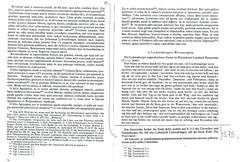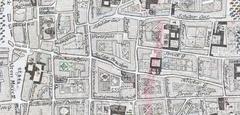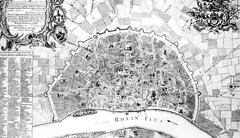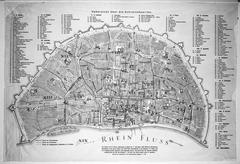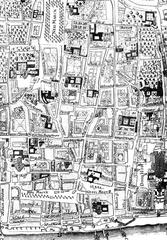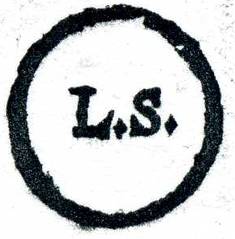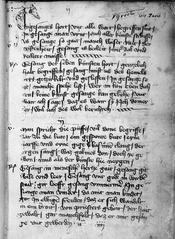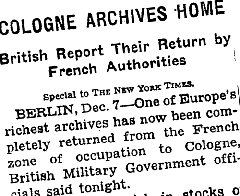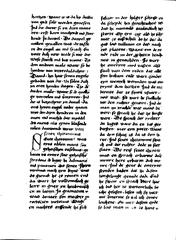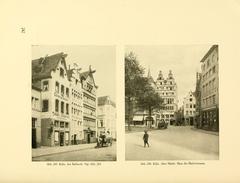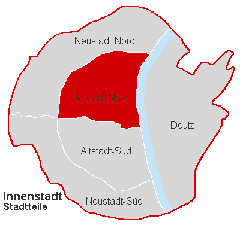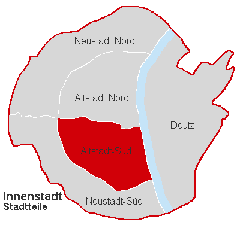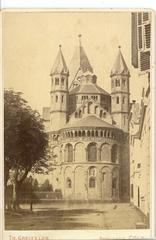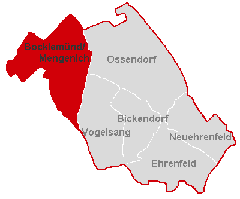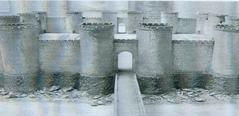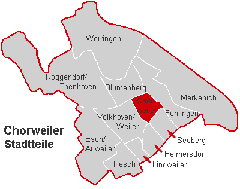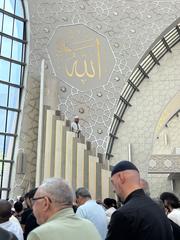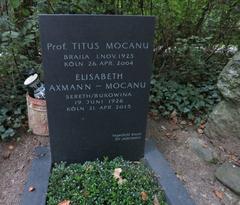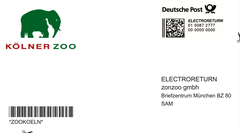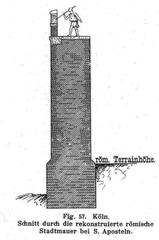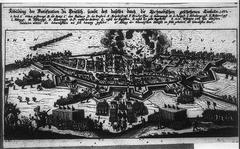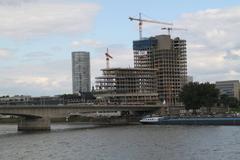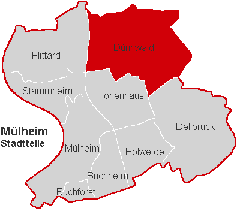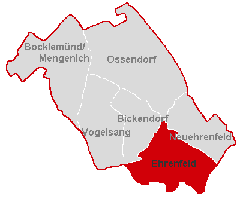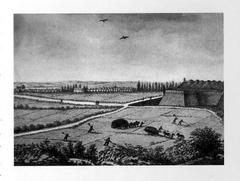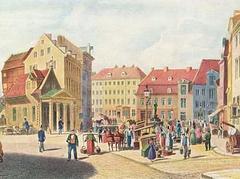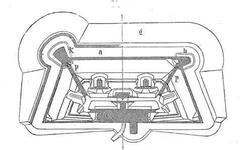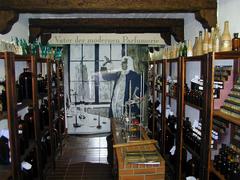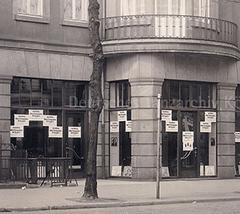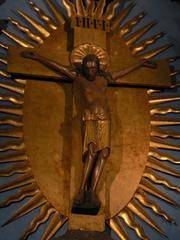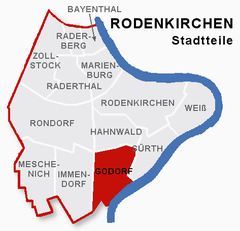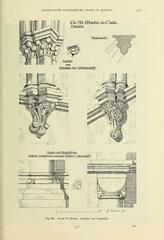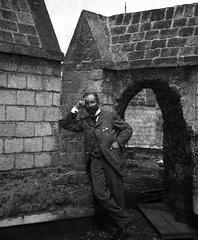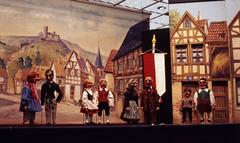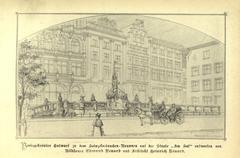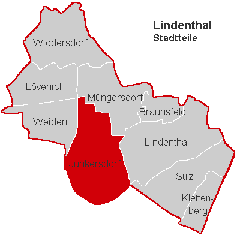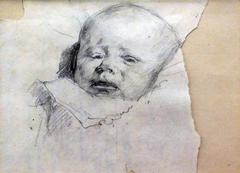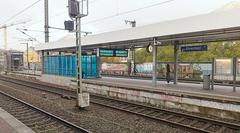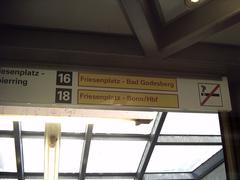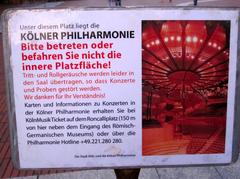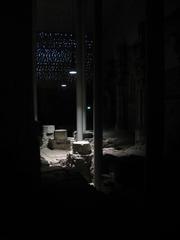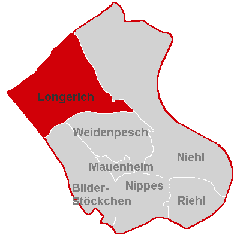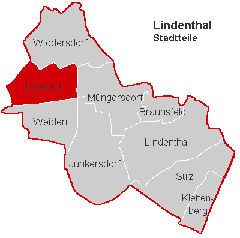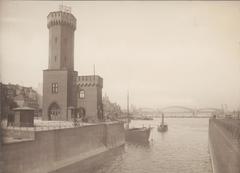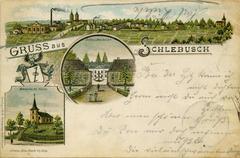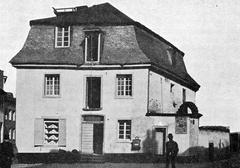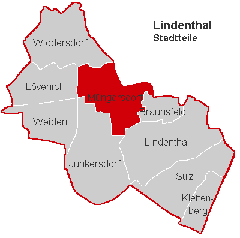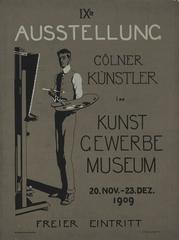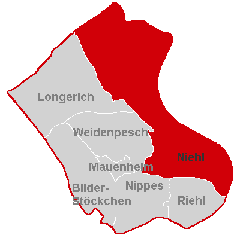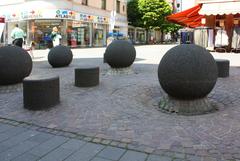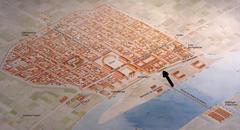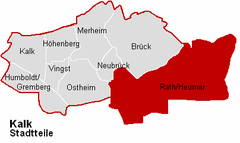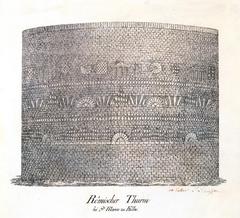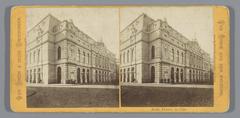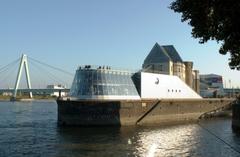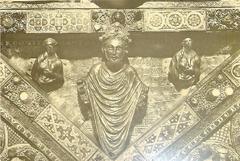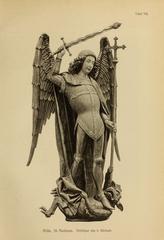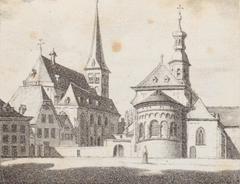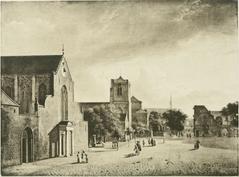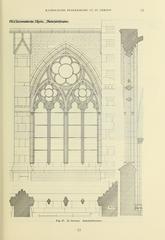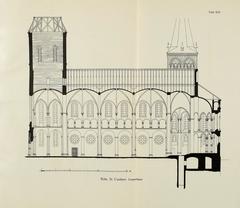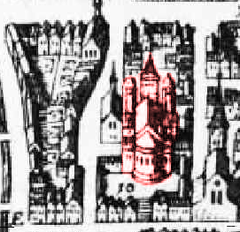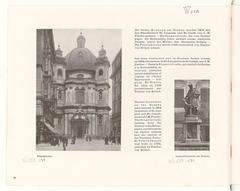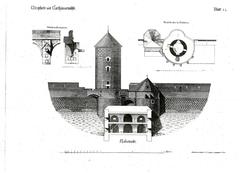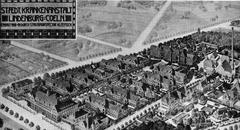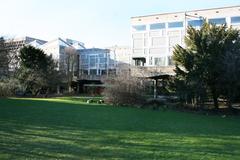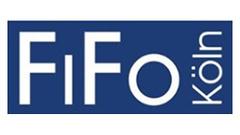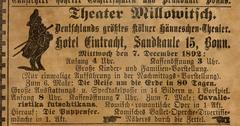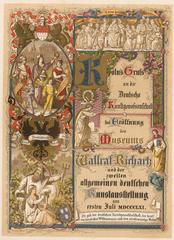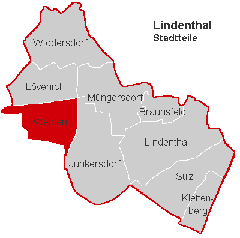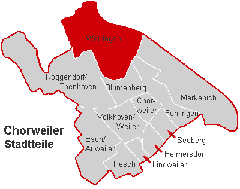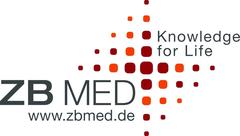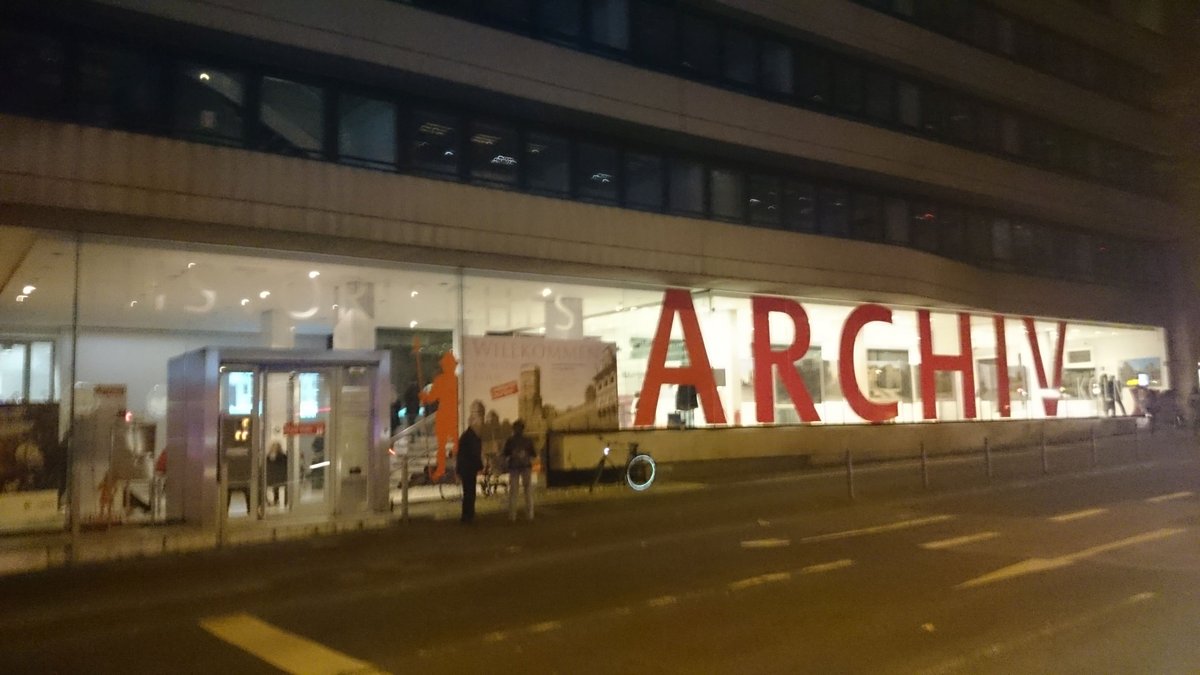
Visiting the Historical Archive of the City of Cologne, Germany: Tickets, Hours, and Tips
Date: 14/06/2025
Introduction
The Historical Archive of the City of Cologne (Historisches Archiv der Stadt Köln) is one of Europe’s oldest and most important municipal archives. Housing over a millennium of urban, cultural, and political history, it provides a captivating journey through Cologne’s past, from its Roman origins to its status as a thriving metropolis. The archive’s story is not just one of collection, but also of resilience—having survived wars and the catastrophic 2009 building collapse, it now thrives in a state-of-the-art facility opened in 2021. For historians, genealogists, students, and cultural tourists, the archive offers unparalleled resources and visitor experiences.
This guide details the archive’s history, architecture, collections, and visitor services, including practical information on visiting hours, tickets, accessibility, and nearby attractions. For the most current updates, always check the official Historical Archive website and cultural portals (museenkoeln.de).
Table of Contents
- Origins and Historical Development
- Growth and Expansion
- Modernization and Resilience
- The 2009 Collapse and Recovery
- The New Archive Building
- Collections and Significance
- Visiting Information
- Preservation and Digitalization
- FAQs
- Conclusion
- References
Origins and Historical Development
The archive’s roots go back to at least 1322, when the “cista civitatis Coloniensis” (city chest) is first mentioned. Yet, the oldest surviving documents date to 922 AD, reflecting a much older tradition of record-keeping. Early on, parish administrations maintained “Schreinsbücher,” property registers stored in special chests, which are among the earliest systematic municipal records in Germany.
Growth and Expansion
From the late Middle Ages through the 19th century, Cologne’s expanding political and economic influence led to a growth in archival holdings. Notable milestones include the creation of the “Weißes Buch” (White Book) in 1326 and the acquisition of the Hanseatic League records in 1594. The addition of the Council Library in 1602 further enhanced the archive’s scholarly value.
In the 19th century, under the direction of scholars like Johann Jakob Peter Fuchs and Leonard Ennen, the archive became more accessible and expanded its collections with important acquisitions, including the Wallraf manuscript collection. A dedicated Gothic Revival building was constructed between 1894–1897.
Modernization and Resilience
Despite suffering bomb damage during World War II, the archive’s holdings were largely preserved thanks to timely evacuations. In 1971, a new facility with advanced climate control was built, setting standards for archival preservation.
The 2009 Collapse and Recovery
Tragedy struck in 2009 when construction errors during nearby subway works caused the archive’s collapse, resulting in two fatalities and the loss of access to 90% of the holdings. A massive recovery and restoration operation salvaged about 95% of the material, and conservation efforts continue to this day.
The New Archive Building
Opened in 2021 at Eifelwall, the new facility—designed by Waechter + Waechter Architekten BDA—combines cutting-edge preservation technology with public accessibility. It also houses the Rheinisches Bildarchiv, merging textual and visual records. Sustainability, accessibility, and security are central features, with reinforced construction, advanced fire and flood protection, and energy-efficient systems (Licht Kunst Licht).
Collections and Significance
The archive is Germany’s largest municipal archive, with over 30 linear kilometers of material from over 1,000 years. Its collections include:
- Medieval Charters and Schreinsbücher: Early property and legal records.
- Council Minutes and Hanseatic League Documents: Illuminating Cologne’s political and commercial history.
- Personal Papers and Manuscripts: Including those of Albertus Magnus, Konrad Adenauer, and Heinrich Böll.
- Photographic Archives: The integrated Rheinisches Bildarchiv documents Cologne’s urban life.
- Genealogical Records: Civil status registers and church books, some available digitally.
Visiting Information
Hours and Admission
- Opening Hours: Monday to Friday, 9:00 AM–5:00 PM. Confirm current hours and holiday closures on the official website.
- Admission: Free. Some special exhibitions or events may require tickets or advance registration.
Guided Tours and Events
The archive offers occasional guided tours, workshops, and public programs. Tours must be booked in advance via the archive’s visitor services (museenkoeln.de).
Accessibility and Tips
- The building is fully accessible: elevators, ramps, tactile guidance, and accessible restrooms are available.
- Allow time to explore collections; staff can assist with research.
- Photography is allowed in public areas (non-flash), but not in reading rooms or with original documents.
Location and Nearby Attractions
- Address: Eifelwall 5, 50674 Cologne, Germany
- Transport: Easily reachable by tram/bus (stops: Neumarkt, Heumarkt) and with nearby parking.
- Nearby Sites: Cologne Cathedral, Museum Ludwig, University of Cologne, Rhine riverfront.
Preservation and Digitalization
After the 2009 collapse, preservation and digitalization became top priorities. Key holdings are microfilmed and stored offsite; digitization is ongoing, with many resources accessible via the virtual reading room.
FAQs
Q: What are the opening hours?
A: Monday–Friday, 9:00 AM–5:00 PM. Check for updates.
Q: Is admission free?
A: Yes, except for some special events or exhibitions.
Q: Are guided tours available?
A: Yes, book in advance.
Q: Is the archive accessible?
A: Fully accessible with modern facilities.
Q: Can I access materials online?
A: Many are available through the virtual reading room.
Q: How do I get there?
A: By tram/bus (Neumarkt, Heumarkt stops) or car (parking nearby).
Q: Are reproductions available?
A: Yes, following archival guidelines.
Conclusion
The Historical Archive of the City of Cologne stands as a beacon of cultural memory and innovation. Its collections chart the city’s evolution, while its new facility provides a welcoming, accessible environment for research and exploration. Whether you are a scholar, genealogist, or cultural traveler, a visit here promises a rich and enlightening experience.
Stay updated on hours, events, and digital collections by visiting the official website and following their Facebook, Instagram, and YouTube. Download the Audiala app for enhanced access to Cologne’s historical sites and archives.
References and Further Reading
- Historical Archive of the City of Cologne: Visiting Hours, Tickets, and Key Information, 2025 (historischesarchivkoeln.de)
- Historical Archive of the City of Cologne: Visiting Hours, Tickets, and Exploring Cologne’s Rich Heritage, 2025 (historischesarchivkoeln.de)
- Architecture and Facilities, 2025, Licht Kunst Licht (lichtkunstlicht.com)
- Visitor Experience, 2025, Museen Köln & Cologne Tourism (museenkoeln.de)
- Visitor Experience, 2025, Cologne Tourism (cologne-tourism.com)
